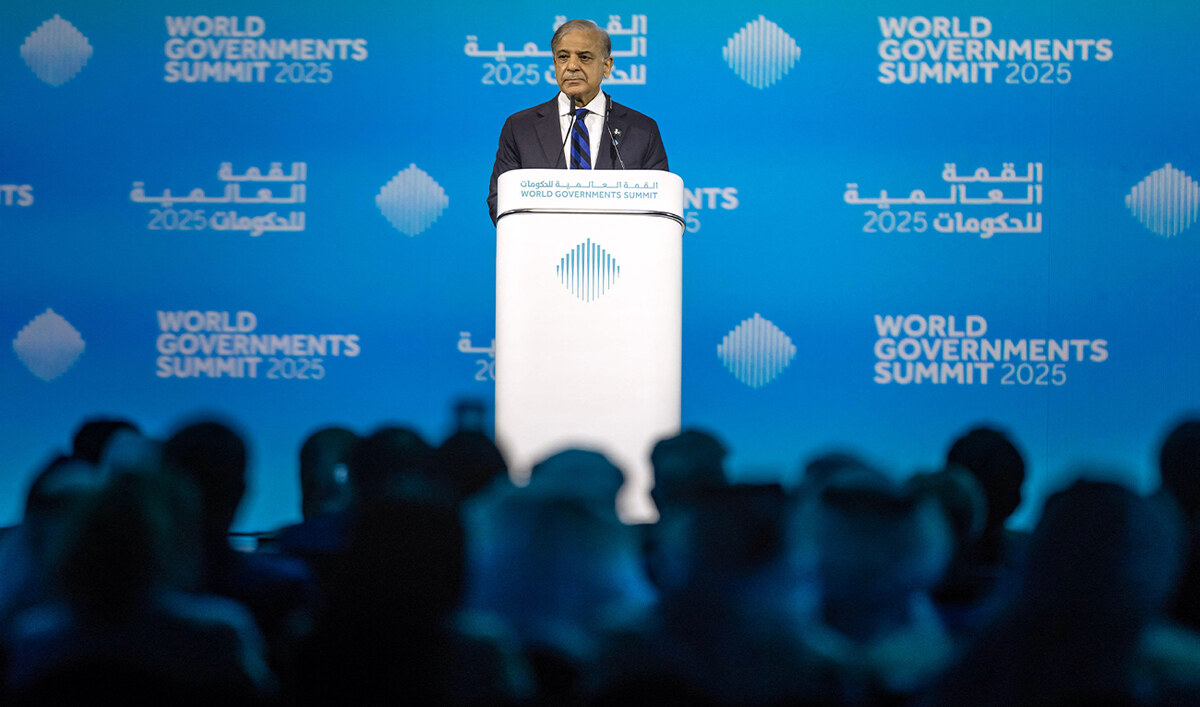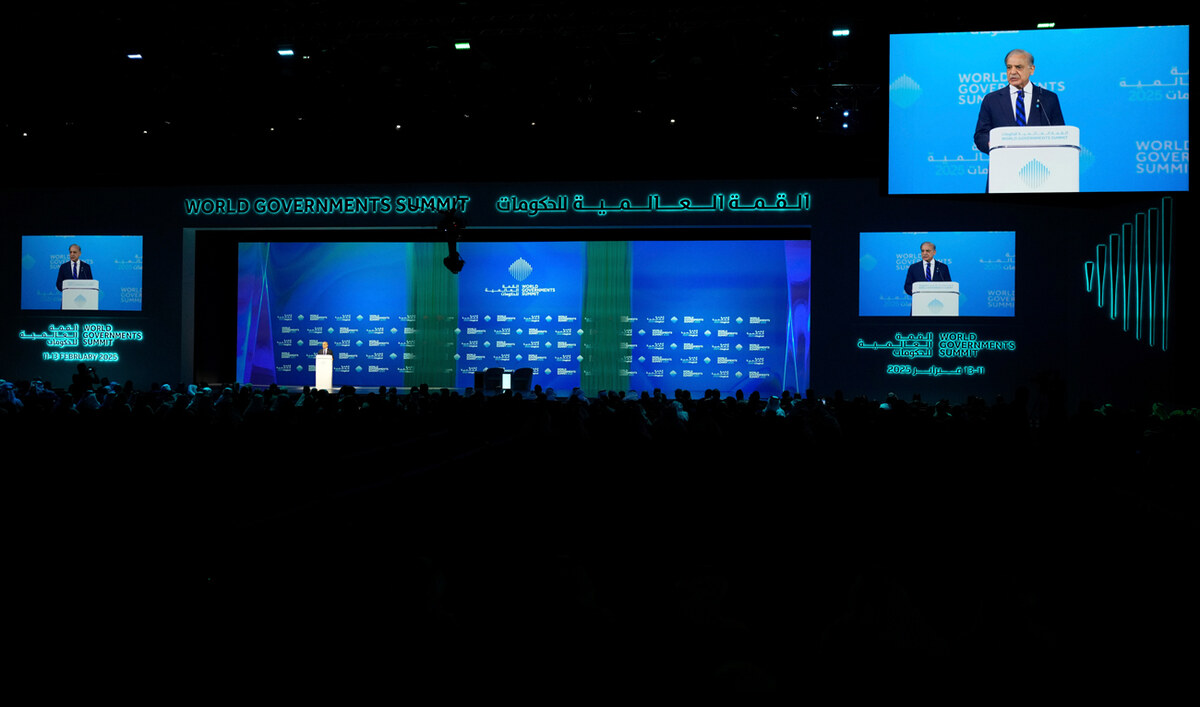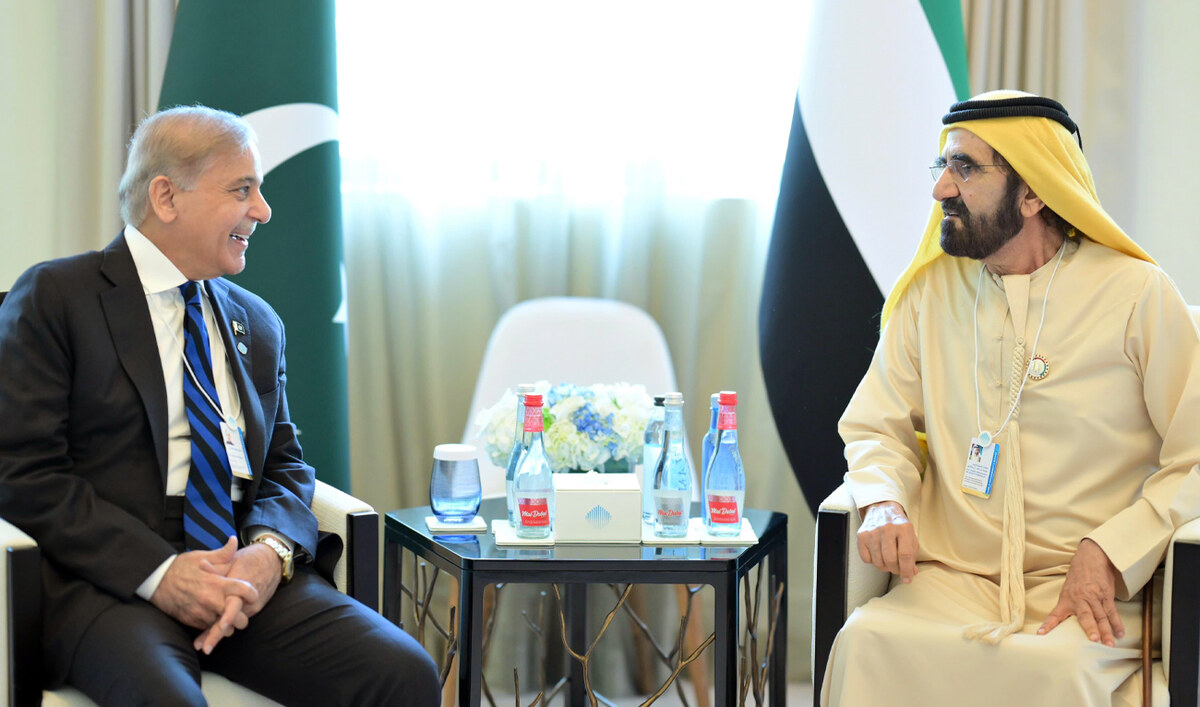ISLAMABAD: Energy Minister Sardar Awais Leghari on Tuesday called for revising Pakistan’s existing solar net metering system, saying that it was becoming unfeasible for the government to continue buying power at the same cost from distributors and pay subsidies to solar power consumers.
Solar net metering is a policy that allows homeowners and businesses to generate their electricity using solar panels and export any excess to the national grid. In Pakistan, it is a billing system through which consumers receive credits or monetary compensation for the surplus electricity they produce and send to the grid.
The government approved the net-metering policy in 2017 to encourage solar energy use and reduce power shortages. Under this policy, the government says it pays Rs21 per unit for the net-metered electricity, resulting in a subsidy of Rs1.90 per unit. Pakistan’s energy ministry said in April 2024 that the subsidy burden is being shared by the government, domestic and industrial electricity consumers for other affluent consumers who are capable of generating power from solar panels.
“Solar net metering has to change,” Leghari said while addressing a conference in Islamabad. “It is impossible for us to sustain the same cost of buying power from distributors the way we are.”
The minister said the government was unaware of the “serious implications” that are caused by on-grid non-net metered power on the country’s power grid. On-grid non-net metered power refers to a solar power system that is connected to the grid but does not have a net metering agreement with the utility company.
“I am not ready as the minister of power to keep any surplus power to myself just because the people and industry are not ready to pay the entire cost,” he said. “Whatever they can afford to pay, whatever the marginal cost is, I’ll be more than happy to share that advantage for economic growth.”
The minister also announced the government’s plan to auction surplus electricity in the country, saying that it will be provided to industries. This initiative aims to stimulate industrial growth and create new employment opportunities across Pakistan.
Meanwhile, the energy ministry’s spokesperson stated that a government report from last year said that a burden of Rs103 billion ($366 million) was transferred to electricity consumers in 2024 due to the existing net metering policy.
“The burden is expected to rise to Rs503 billion ($1 billion) in the next 10 years,” the spokesperson said, quoting the report.
He added that only 0.6 percent of total electricity consumers in Pakistan were net metering users out of which 80 percent belonged to affluent areas of major cities while the remaining 99.4 percent of electricity consumers bear the burden of the net metering costs.
Separately, Leghari met US Charge D Affairs Natalie Baker to discuss the reforms undertaken by the power sector to slash electricity costs.
He said the government was following a non-interference policy based on transparency and international standards in a bid to attract investors regarding privitization of DISCOs, the energy ministry said.
Appreciating the efforts undertaken by the energy ministry, Baker assured Leghari of working together to explore new vistas of cooperation in the energy sector, it added.
Pakistan has ideal climatic conditions for solar power generation, with most parts of the country receiving over nine hours of sunlight daily. According to the World Bank, utilizing just 0.071 percent of the country’s land area for solar photovoltaic (solar PV) power generation could meet Pakistan’s electricity demand.
The South Asian nation, home to 241 million people, aims to transition to 60 percent renewable energy by 2030 and reduce projected emissions by 50 percent. However, despite a recent surge in solar power adoption, it remains far behind in achieving this goal.


























